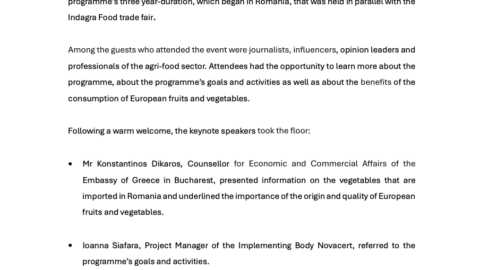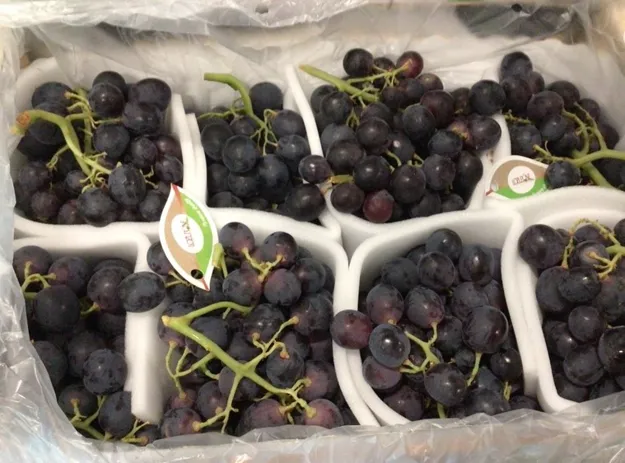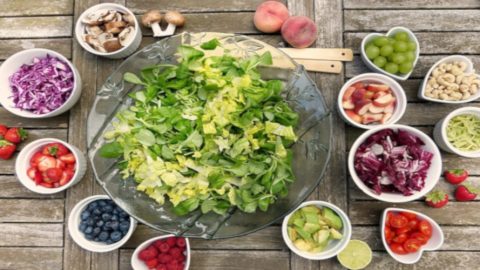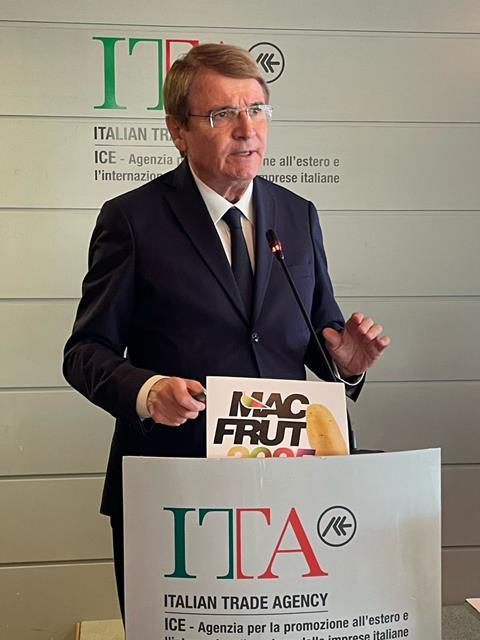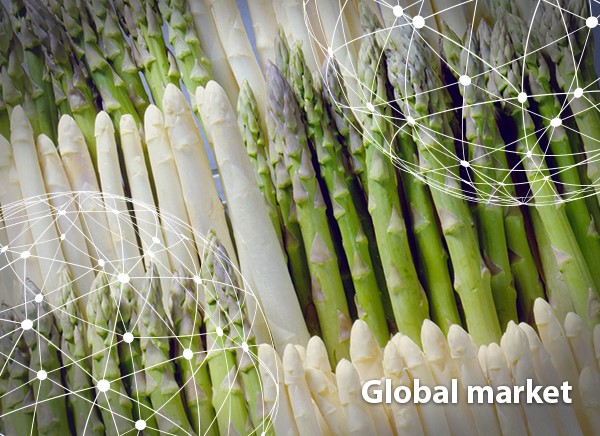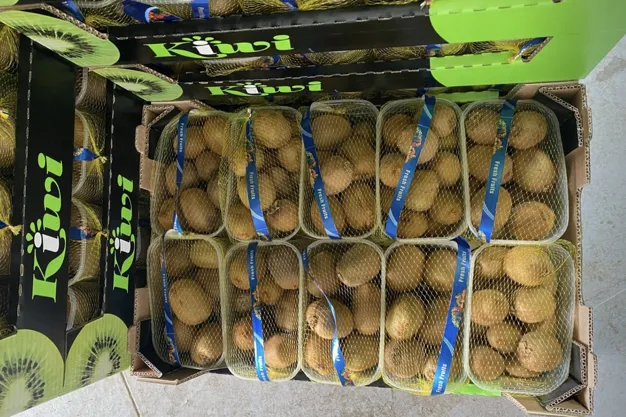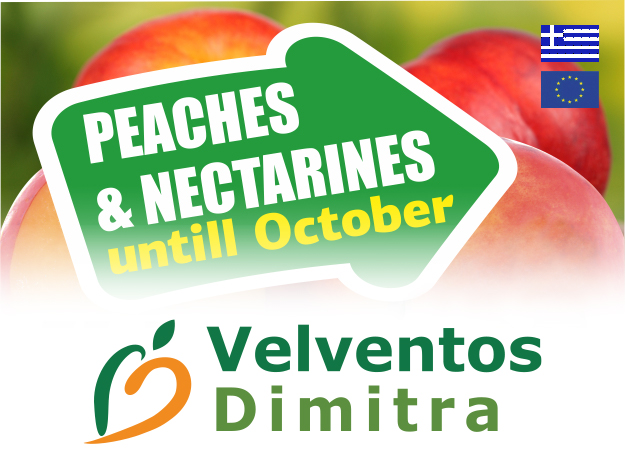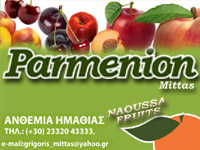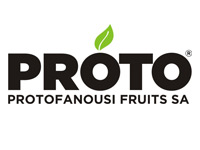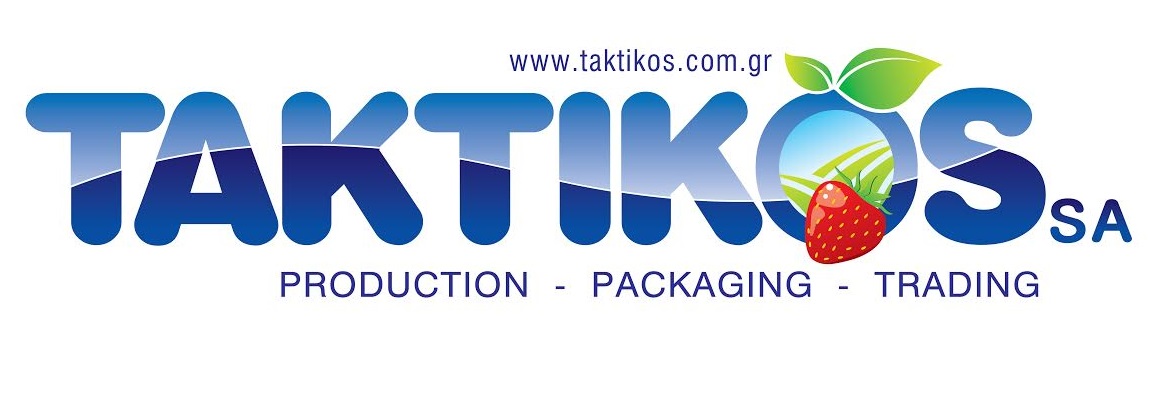Growers switching to varieties suited for processing
Lower production of Greek pears
Challenges with the Greek weather have contributed to lower production of pears this season, says Paris Karastergios, import-export coordinator for Greek produce exporter Kastargiou P. Bros S.A.: “Unfortunately, based on the current situation pear volumes will drop by at least 10-15% compared to the previous season. Bad weather conditions during and after the blossom has resulted in smaller volumes and worse quality overall. While Greece’s main cultivation zones don’t suffer much from bacteria, this season we cannot offer bigger volumes to make up for Italian pears, while the quality isn’t that high, due to hail damage, and some diseases such as septoria. There will be good quality pears for sure, but they will be less available than usual, resulting to higher prices for cat. I pears eventually.”
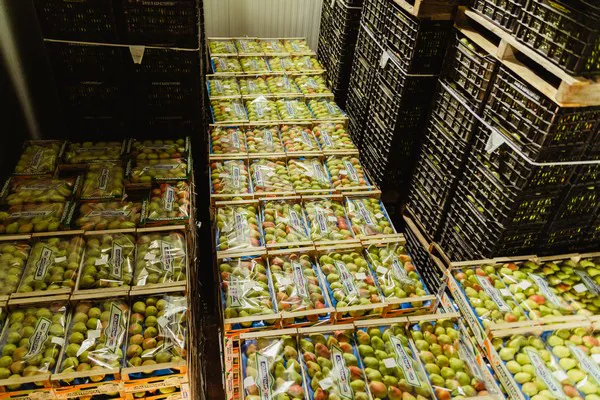
Although acreage for pear cultivation is decreasing in Greece, there are still new things happening in the sector, Karastergios explains. “Greek pears have begun being appreciated in more and more countries over the globe. From Israel and Jordan, where we have a strong presence with all of our varieties, to UAE, Saudi Arabia and some Central European countries, where Coscia and Santa Maria are being exported to. Despite the acreage was getting annually smaller about six or seven years ago, there are some regions where producers replace apple trees with pear trees, especially with varieties destined for industrial purposes, such as Highland, Williams and Sissy pears. In the meantime, some producers already cultivating pears have been switching from Blanquilla to other varieties such as Coscia and Santa Maria.”
Focussing on varieties that are suitable for processing brings the growers more financial stability, Karastergios states: “Growers switching to varieties destined for the industry happens for two main reasons. Productivity and weather conditions. They get more tons per hectare, while using less labour as they harvest in big bins instead of plastic boxes. In the meantime the canning industry is more tolerant of skin defects and hail damage, thus the price of the pears to grower is pretty much stable, regardless of the external quality.”
“Overall we expect lower volumes this season, while we are trying to maintain the quality level which we are known for, and hopefully we can add some other varieties in our portfolio, in an effort to reach some markets in the Far East and Western Europe,” Karastergios concludes.
For more information:
Paris Karastergios
Karastergiou P. Bros S.A.
Tel: +30 24610 26940
Mob: +30 693 2469117
Email: paris.karastergios@karastergioubros.gr
Publication date:
Author: Nick Peters
© FreshPlaza.com
https://www.freshplaza.com/europe/article/9546357/lower-production-of-greek-pears/?utm_medium=email


